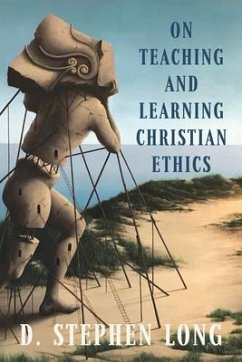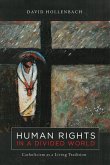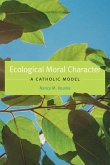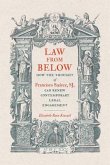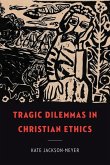"This book addresses what it means to teach and learn ethics. While teaching ethics is universally applauded, how one goes about it is much more difficult and contested than is often recognized. The approach of the work is historical, philosophical, and theological. It begins with the historical transformation in the mid nineteenth century by Henry Sidgwick, who rejected establishing ethics on theology or metaphysics. G. E. Moore, John Rawls, Thomas Hurka, Bart Schultz, and Peter Singer later explicitly developed ethics indebted to Sidgwick. However, G. E. M. Anscombe and Philippa Foot's important interventions in modern moral philosophy opened new possibilities for teaching and learning ethics that bear strong resemblances to pre-Sidgwick moral philosophy. The common thread between them is Thomas Aquinas, who had a different understanding of human action than Sidgwick. For Aquinas, Foot, and Anscombe, ethics does not concern a procedure to guide action to what is right or what ought to be, but exists within a metaphysical and theological realm in which the good is more basic than the right. The good is attractive so desire for it is an essential element of the moral life"--
Hinweis: Dieser Artikel kann nur an eine deutsche Lieferadresse ausgeliefert werden.
Hinweis: Dieser Artikel kann nur an eine deutsche Lieferadresse ausgeliefert werden.

